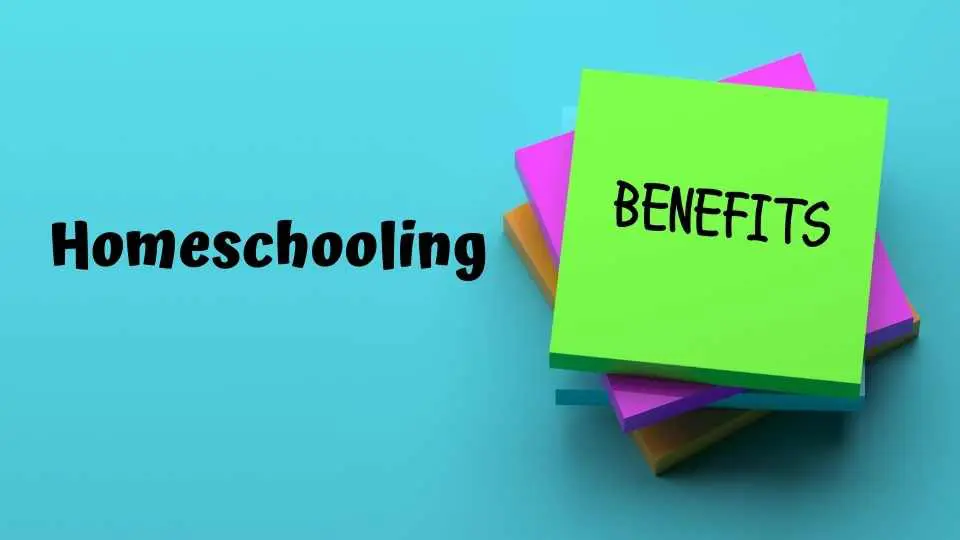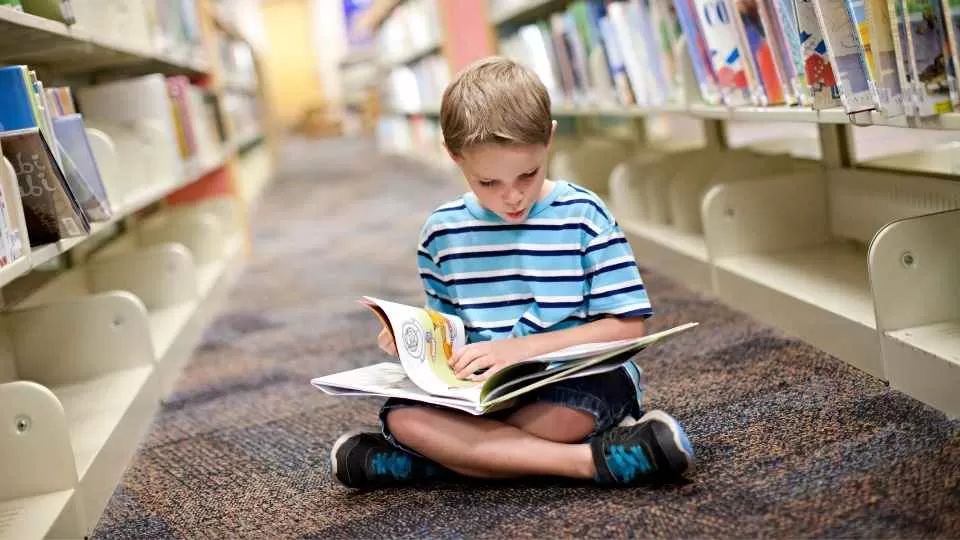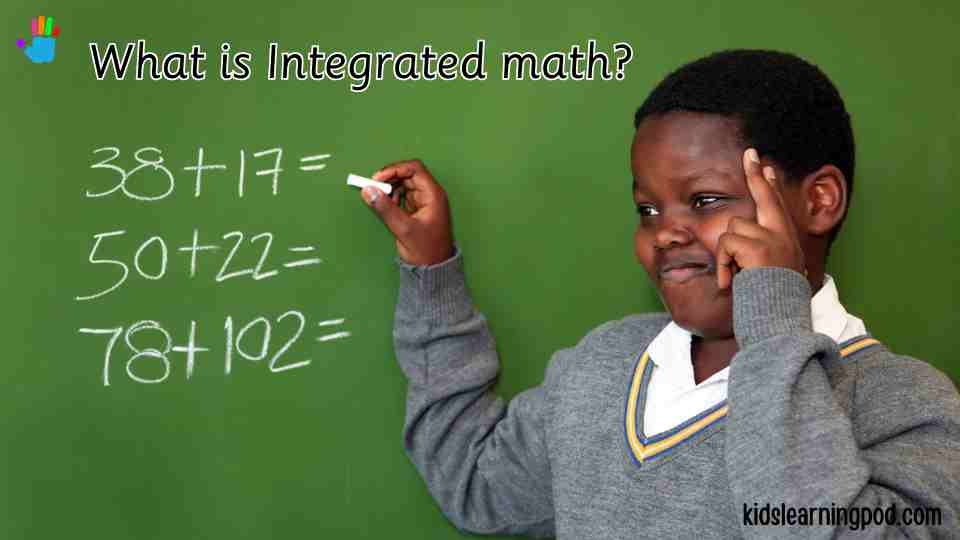Critical Thinking
Critical thinking is the process of analyzing and judging information so that you can make good decisions and judgments. It’s a skill that is essential for success in school, work, and life. Critical thinking for kids is especially important because it helps them develop a strong foundation to solve problems and enhance their decision-making at a very young age. When kids learn to think critically, they are better equipped to approach challenges and make informed choices.
What is Critical Thinking?
Why Critical Thinking Matters for kids?
Critical thinking is a crucial skill for kids to develop, and it matters for many reasons. One of the key benefits of critical thinking is that it helps kids develop logical reasoning skills. By learning to analyze information, identify patterns, and draw conclusions, kids can make sense of the world around them and make informed decisions.
It also helps kids develop critical thinking skills. This involves evaluating arguments and evidence, and considering alternative perspectives. By learning to think critically, kids can become more discerning consumers of information, and avoid being swayed by bias or misinformation.
By developing these skills, kids can become more confident and independent, and better equipped to navigate the challenges and everyday problems. They can also become more creative and innovative, and more effective problem-solvers.

Why Critical thinking skills are important?
Critical thinking skills are important for many reasons. Here are some reasons why critical thinking for kids matters:
Making informed decisions
Critical thinking allows kids to evaluate information and make decisions based on evidence and reasoning, rather than just following their emotions or beliefs. This is especially important in areas like politics, health, and finance, where making informed decisions can have a big impact on their lives.
Solving problems effectively
Critical thinking helps kids to approach problems in a systematic and logical way, which leads to more effective problem-solving. By breaking down complex problems into smaller parts and analyzing them, they can come up with creative solutions.
Understanding complex issues
Critical thinking allows them to evaluate arguments and evidence, and draw their own conclusions. This is particularly important when it comes to issues like climate change, social justice, and international relations, where there are often competing viewpoints and complex data to consider.
Enhance creativity
Critical thinking encourages kids to think outside the box and come up with new ideas and solutions. This is important not just in areas like art and design, but also in fields like business and technology, where innovation is key.




Strategies to Teach Critical Thinking to Kids
Teaching critical thinking to kids can seem like a daunting task, but there are several strategies that can be used to help develop this important skill.
Encourage Questions
Encouraging kids to ask questions is a powerful way to develop their critical thinking skills. When kids ask questions, they are engaging in a process of inquiry and exploration that can help them make sense of the world around them.
By asking questions, kids can develop a deeper understanding of complex issues, and learn to approach problems in a systematic and logical way. Encouraging questions can also help kids develop their communication skills and logical reasoning, as they learn to express themselves more clearly and confidently.
To encourage questions, parents, and educators can create a safe and supportive environment where kids feel comfortable asking for clarification and exploring new ideas. They can also model curiosity and inquiry themselves, by asking questions and expressing a genuine interest in learning. By encouraging questions, we can help kids develop a lifelong love of learning and set them up for success in all areas of life.
Challenging Assumptions
The challenging assumption is a key aspect of developing critical thinking skills. When we challenge assumptions, we are questioning the status quo and looking for new and innovative solutions to problems.
This requires a critical mindset, where we are open to new ideas and willing to consider alternative perspectives. By challenging assumptions, we can develop our analytical skills and learn to evaluate evidence and arguments more effectively. We can also become more discerning consumers of information, and avoid being swayed by bias or misinformation.
To encourage kids to challenge assumptions, parents and educators can provide opportunities for them to explore new ideas and perspectives, and to ask questions that challenge the status quo. By developing these skills, kids can become more effective problem-solvers, and better equipped to navigate the complexities of the world around them.
Developing reasoning skills
Developing reasoning skills is a crucial aspect of promoting critical thinking in children. It helps children make sense of the world around them and navigate their own lives.
They also help children develop logical skills, such as pattern recognition, decision-making, and problem-solving. One of the best ways to teach children reasoning skills is to help them apply critical thinking to their daily lives. For example, parents can ask their children to explain their thought process when making a decision or solving a problem, encouraging them to think critically about the situation.
By doing this, parents can teach kids to develop their analytical skills and learn to make informed decisions based on evidence and critical reasoning. As children grow and develop, they will continue to face new challenges and obstacles. By teaching children how to reason effectively, we can help them become more confident, independent, and successful in all aspects of their lives
Promoting active listening
Promoting active listening is another important strategy for teaching critical thinking to children. When children learn to actively listen, they develop the ability to understand and interpret information more effectively. They learn to pay attention to important details and to consider different perspectives when analyzing a particular problem or situation.
Parents can promote active listening by encouraging children to ask questions and share their own perspectives. They can also model active listening to themselves, by paying close attention to what their children say and responding thoughtfully. By promoting active listening, we can help children develop critical thinking skills that will serve them well in all areas of life, from the classroom to the boardroom.
Problem-solving skills
Problem-solving skills are an essential part of critical thinking, and they are particularly important for children to develop. When children learn to approach problems creatively, they become better equipped to navigate the challenges of everyday life.
They learn to think outside the box and to come up with innovative solutions to a wide range of problems. Creative problem-solving skills can also help children become more resilient, as they learn to adapt to unexpected situations and overcome obstacles.
Teachers can help children develop their problem-solving skills by encouraging them to approach problems in a systematic and logical way. They can also provide opportunities for children to practice creative problem-solving skills, such as brainstorming and prototyping. By developing these skills, children can become more confident and capable problem-solvers, better equipped to handle the challenges that life throws their way.






Critical thinking games for kids
Child’s critical thinking skills can be improved with the help of fun and engaging games. Such fun games that require children to solve puzzles, make decisions, or evaluate evidence can help them practice their analytical skills and learn to think critically about different situations.
For example, games that require children to solve riddles or decipher codes can help them develop their problem-solving skills, while games that involve strategy and decision-making can help them learn to weigh different options and consider the consequences of their choices. By using games to promote critical thinking, we can help children develop these skills in a fun and engaging way, setting them up for success in all areas of life.
Play Sorting Games
Sorting games can be a great way to develop critical thinking skills in children. Sorting games require children to categorize objects based on specific criteria, such as color, shape, or size.
Real Problem Pretend Play
Real problem pretend play can be a fun and effective way to develop critical thinking skills in children. This type of play involves creating scenarios that mimic real-life situations, such as going to the grocery store or taking care of a pet. By engaging in real problem pretend play, children are able to practice their critical thinking skills in a safe and controlled environment.
Solve Puzzles and Brainteasers Together
Solving puzzles and brainteasers together is a great way to promote critical thinking in children. These types of activities require children to use their problem-solving skills, logic, and reasoning to find solutions. By solving puzzles and brainteasers with parents or educators, children can learn to think critically and creatively, while also developing their communication and collaboration skills. Working on puzzles and brainteasers together can also be a fun and rewarding bonding experience that strengthens the relationship between children and adults.
Get Creative with board games!
Board games are a fun and effective way to promote critical thinking in children. Many board games require players to think strategically, make decisions, and solve problems in order to win. These games also provide an opportunity for children to practice communication and collaboration skills, as they learn to work with others to achieve a common goal.





Critical thinking Books for kids
Critical thinking books for children are an excellent way to foster cognitive development and promote analytical skills. These books are designed to challenge children to think deeply about the world around them and to consider different perspectives and ideas.
By reading critical thinking books, children can develop their reasoning skills, problem-solving abilities, and creativity. Many critical thinking books for children use engaging stories, activities, and illustrations to help kids understand complex concepts and ideas.
These books are suitable for children of all ages and can be especially useful for parents and educators looking to promote critical thinking in a fun and interactive way. With a wide range of topics and themes to choose from, critical thinking books are an invaluable resource for children who are looking to expand their understanding of the world and develop essential cognitive skills.

In conclusion, critical thinking is a vital skill that children need to develop in order to succeed in the modern world. By teaching children how to think critically, we can help them to become more independent, creative, and analytical individuals who are better able to make decisions and solve problems in everyday life. Encouraging questions, challenging assumptions, developing reasoning skills, promoting active listening, and engaging in problem-solving activities are all effective ways to help children to become critical thinkers. With the help of critical thinking skill children can present their own opinions.
Read 10 benefits of STEM education here.
FAQs about Critical Thinking for Kids
What is critical thinking, and why is it important for kids?
Critical thinking is the process of analyzing information, making judgments, and solving problems logically. It’s important for kids because it helps them develop essential skills for decision-making, problem-solving, and navigating the complexities of life.
When should parents and educators start teaching critical thinking to children?
Critical thinking skills can be introduced at a young age through age-appropriate activities, but the depth of instruction can increase as children grow and mature.
How can I encourage my child to ask questions and be curious?
Create a supportive environment where questions are welcomed and provide engaging learning experiences that stimulate curiosity.
What are some practical strategies for challenging assumptions in children?
Encourage discussions that explore different perspectives on familiar topics and introduce them to diverse viewpoints and experiences.
How can I help my child develop reasoning skills?
Encourage your child to explain their thought process when making decisions, and engage in conversations that require them to justify their choices.
What is active listening, and how can it be promoted in children?
Active listening is the skill of attentively hearing and comprehending what others say. Promote it by modeling active listening yourself and encouraging your child to ask questions about what they hear.
What are some age-appropriate critical thinking games for kids?
Games like sorting games, real problem pretend play, and puzzles are excellent for developing critical thinking in children.
Are there critical thinking books designed for children?
Yes, there are many critical thinking books for children that use engaging stories and activities to foster analytical skills and creativity.
Can critical thinking skills be applied in subjects beyond science and math?
Absolutely. Critical thinking is applicable across all subjects, including literature, history, and the arts.
How can critical thinking benefit children in the long term?
Developing critical thinking skills equips children to become independent, adaptable, and innovative problem-solvers, preparing them for success in various aspects of life.
Conclusion
Critical thinking is a fundamental skill that children can and should develop from a young age. It empowers them to think logically, make informed decisions, and navigate life’s challenges with confidence. Parents and educators play a crucial role in nurturing these skills through strategies like encouraging questions, challenging assumptions, and promoting active listening, as well as using engaging games and books designed to foster critical thinking. Investing in critical thinking skills equips children for a lifetime of learning and effective problem-solving.





